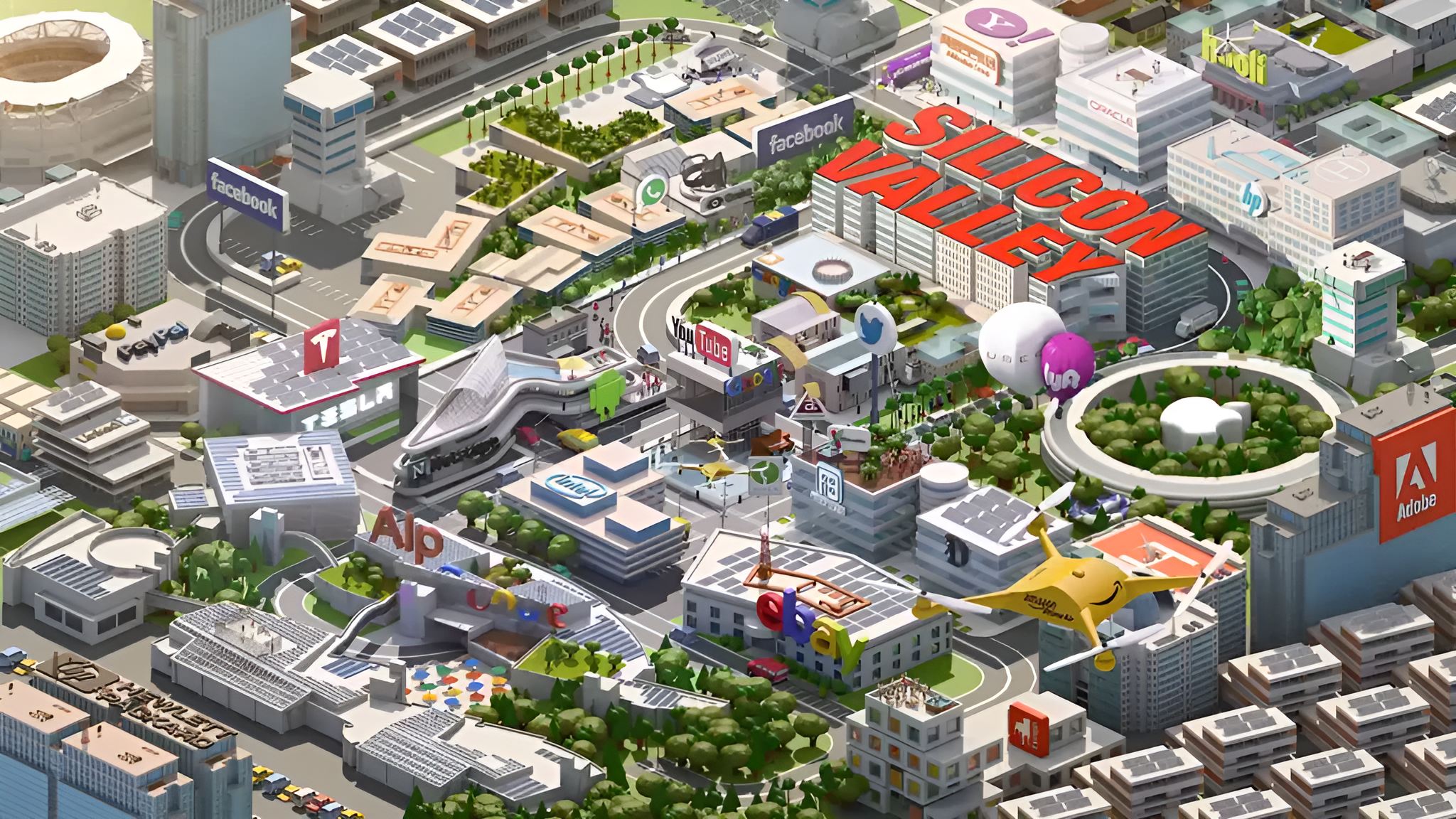Innovation Through Imitation: The Secrets of Successful Business from Silicon Valley

Innovation Through Imitation: The Secrets of Successful Business from Silicon Valley
Vivek Wadhwa is an emeritus fellow and professor at Carnegie Mellon University Engineering in Silicon Valley and director of research at the Center for Entrepreneurship and Research Commercialization at Duke. His past appointments include Stanford Law School, the University of California, Berkeley, Harvard Law School, and Emory University.
What advice does Vivek Wadhwa give to entrepreneurs?
"Instead of trying to invent new things, you should copy and steal all the ideas you can from China, Silicon Valley, and the rest of the world."
“Before Japan, Korea, and China started innovating, they were called copycat nations. Their electronics and consumer products were copies of the West. Silicon Valley succeeds because it excels at sharing ideas and building on the work of others. As Steve Jobs said in 1994, “Picasso had a saying: ‘Good artists copy, great artists steal,’ and we know he was always shameless about stealing great ideas.” Almost every Apple product has features that were first developed by others. "Rarely does its technology originate entirely from within the company."
“Mark Zuckerberg also built Facebook by taking pages from MySpace and Friendster, and continues to copy products. Facebook Places is a replica of Foursquare, Messenger Video mimics Skype, Facebook Stories is a Snapchat clone, and Facebook Live combines the best features of Meerkat and Periscope. This is another one of Silicon Valley's other secrets. If stealing doesn't work, buy the company.
“By the way, they don’t call this copying or stealing. This is "knowledge sharing." Valley companies understand that collaboration and competition both lead to success. This is even reflected in California's unusual laws that prohibit non-compete agreements.
“In most places, entrepreneurs are hesitant to tell others what they are doing, but in Silicon Valley, entrepreneurs know that when they share an idea, they get important feedback. Both sides learn by exchanging ideas and developing new ones. So when you walk into a coffee shop in Palo Alto, those you ask won’t hesitate to tell you their product development plans.”
"Technology is now moving faster than ever and becoming accessible to everyone." Advances in artificial intelligence, computers, networks, and sensors are making it possible to build new trillion-dollar industries and destroy old ones. New technologies that were once only accessible to the West are now available everywhere. As entrepreneurs around the world learn from each other, they will find opportunities to solve problems not only in their own countries, but also in the world. And we will all benefit greatly from this.”
Food for Thought
What do you think about Vivek Wadhwa's advice and "knowledge sharing" between companies in Silicon Valley?
In our opinion, every innovation is born from other people's ideas and successes. Like LEGO creations, ideas are made up of pre-existing building blocks—insights, knowledge, inspiration, etc. The more of these building blocks we have and the more diverse their shapes and colors, the more interesting our creations will become.
Even the most radical new inventions are always based on previous technologies. Many startups don't innovate in the product dimension at all, but instead use other types of innovation: repurposing existing technology for a new use, creating a new business model that unlocks value that was previously hidden, or even simply introducing a product or service to a new location or set of customers that were previously underserved. In all these cases, innovation is at the heart of the company's success.
"Creativity is just connecting things," Steve Jobs said in a 1996 interview with Wired, and according to Mark Twain, all ideas are second-hand.
In conclusion, our advice to you is: Be successful in business by copying other successful businesses, as sometimes imitation can be better than innovation!
How can we help you in this regard?
The foundation of our global peer-to-peer business ecosystem is inspired by the key principles that govern Silicon Valley: sharing ideas and building on proven business models, that is, building on the work of others. If you have decided to copy, adapt and integrate a successful business model into our ecosystem, we can help you by providing you with the necessary resources, knowledge and network of contacts to turn your vision into reality.
Silicon Valley companies have realized something that is proving revolutionary: collaboration and competition, when working hand in hand, can transform markets, create new opportunities, and boost innovation. They don't see it as stealing or simply copying, but as "sharing knowledge." In our global business ecosystem, we are united around the same idea. We understand that true collaboration means taking the best from each participant, improving it, and turning it together into something new and unique.
In conclusion, our commitment to collaboration, idea sharing, and innovation is what makes us desirable partners. We strive to develop future innovations and build on current business models, following the example of Silicon Valley, thus ensuring continued growth and success for all our partners and ecosystem participants.
Anyone interested in our partnership proposal can contact us for more information.
